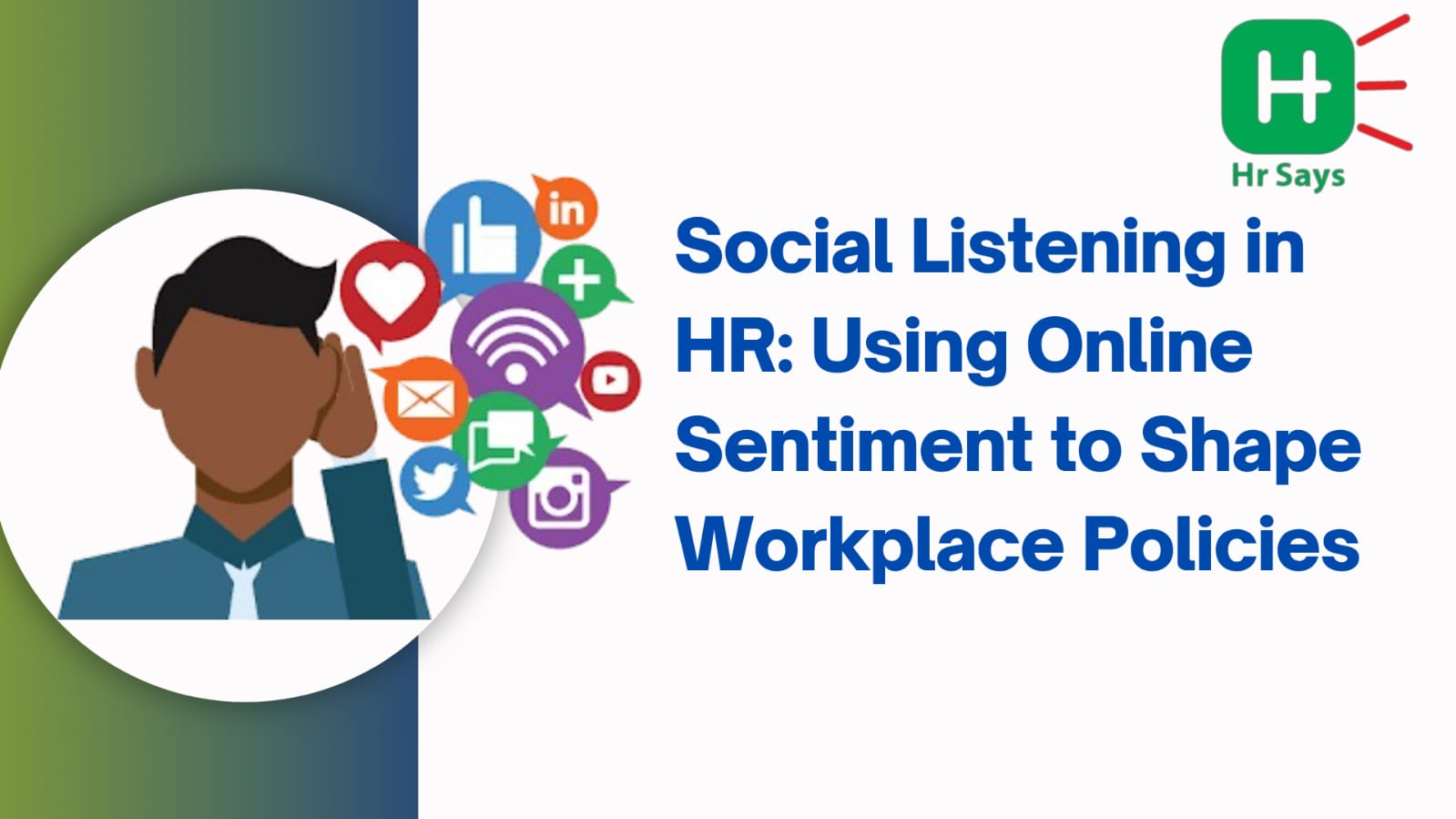What if the answers to your company’s HR problems were already out there—hidden in plain sight? Not in exit interviews. Not in town halls. But on Reddit. Or in Glassdoor reviews. Or a random tweet with 10,000 likes.
That’s where social listening comes in.
The Whisper Network Goes Public
Work culture used to be talked about behind closed doors. Now, it’s all over the internet.
People tweet about toxic managers. They post memes about hustle culture. They write anonymous reviews about fake flexibility. And it’s not just noise.
It’s data.
HR isn’t always invited to these conversations. But it doesn’t mean they can’t hear them.
That’s what social listening allows.
What HR Can Learn Without Asking
When people post freely, they say things they’d never tell HR. That’s raw, unfiltered feedback. And it can signal issues before they escalate.
What to look for?
● Patterns in complaints (e.g., burnout, micromanagement, unfair leave policies)
● Shifts in language (Are employees talking about “quitting” or “quiet quitting”?)
● Sentiment trends across platforms
● Feedback on company policies, even from former employees
● How your company compares to others in online culture talks
You can’t control what’s said. But you can choose how to respond.
Listening ≠ Monitoring
Let’s be clear. This isn’t surveillance. It’s not stalking an intern’s Instagram.
It’s observing public content. And noticing what collective sentiment is saying.
The difference matters.
Employees don’t want to be watched. They want to be heard. Social listening, done ethically, honors that.
Turning Insight into Action
Listening is step one. Action must follow.
If online chatter points to toxic leadership, review management training. If everyone jokes about “Zoom fatigue,” reconsider your meeting culture. If people celebrate four-day weeks—ask why your team doesn’t have it yet.
Don’t overreact to a viral post. But don’t ignore consistent signals either.
Small changes matter.
● Update policies that feel outdated
● Acknowledge feedback where appropriate
● Be transparent if changes are coming
Even silence can speak volumes.
Why This Matters Now
Post-2020, employee expectations have shifted. People want to feel heard—even when they don’t speak directly. Culture is being shaped on the internet, not just in offices.
HR’s role is evolving too. No longer the enforcer. Now, the interpreter.
Conclusion
Social listening isn’t a trend. It’s a tool. A quiet one. But powerful.
It won’t replace surveys or 1:1s. But it fills in the blanks they leave behind.
And in a world full of voices, the companies that thrive will be the ones that finally start listening.

 Social listening isn’t just for marketers anymore. HR leaders are quietly tuning into digital conversations—on forums, reviews, and even memes—to understand what employees want. It’s not about spying. It’s about sensing the culture before it breaks.
Social listening isn’t just for marketers anymore. HR leaders are quietly tuning into digital conversations—on forums, reviews, and even memes—to understand what employees want. It’s not about spying. It’s about sensing the culture before it breaks.








.jpeg)
.jpeg)

.jpeg)





.jpeg)



.jpeg)

.jpeg)



